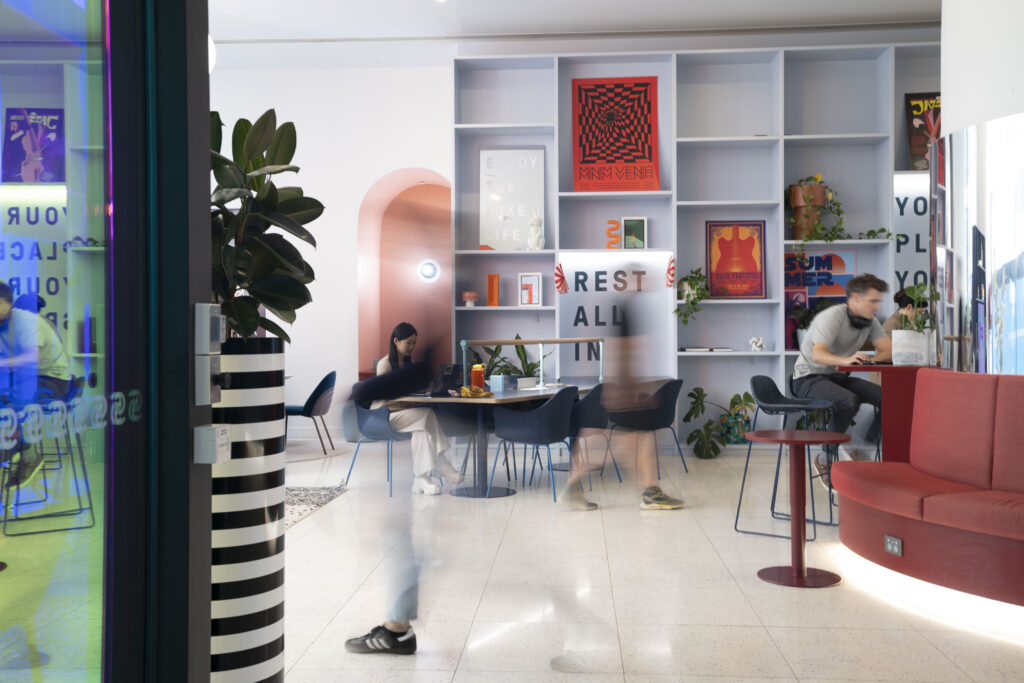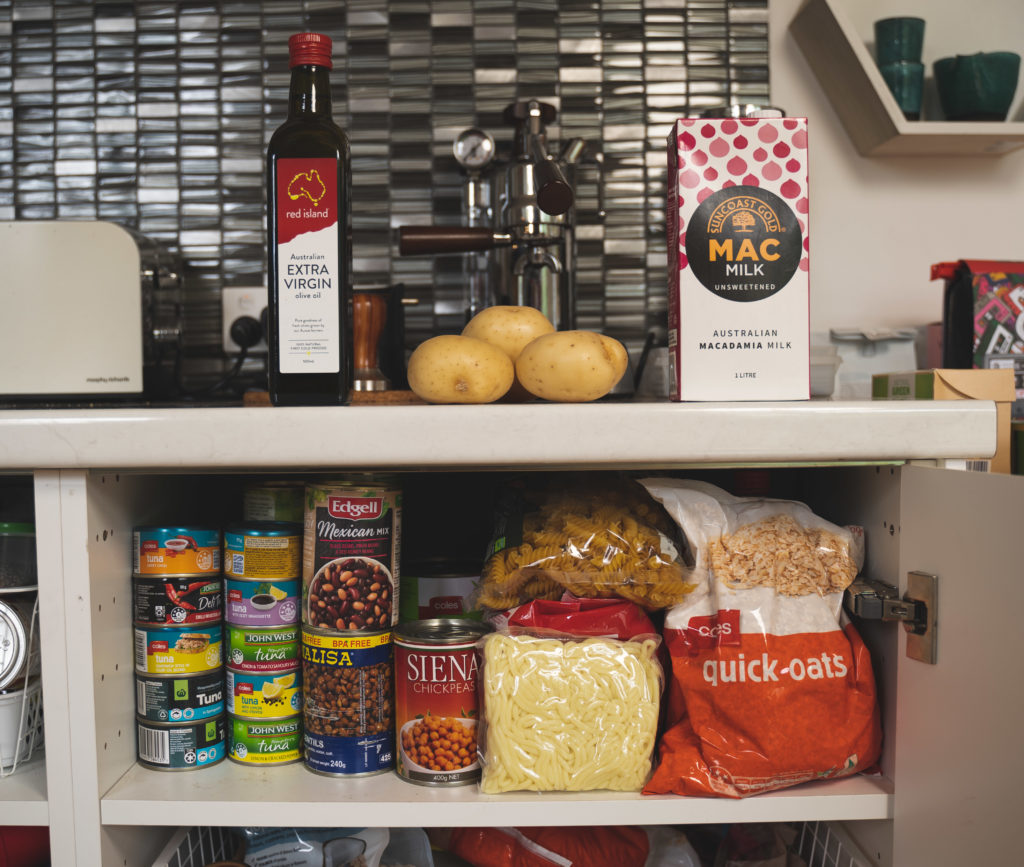Click. Ka-Ching. Buzz. Ring. Your device makes all these noises and plenty more throughout the day. It’s what starts your day (the ringing of your alarm) and usually what ends it (the late-night scrolling of TikTok, Instagram, Twitter and Facebook in bed before you force yourself to toss it aside). You begrudgingly tell yourself that you should try to sneak in a few hours of sleep before you get ready for courses or work.
But you tell yourself: it’s just your phone and you can live without it. Right?
As young people, we’ve grown up with social media in some form or another. As we’ve grown older, it’s become more involved in our everyday lives across personal, professional and academic settings. Yet we’ve also grown up hearing statements like “Social media is bad for you” and “Social media affects your memory and mental health” – often with studies and statistics to back them up.
So, why have we not steered away from consuming social media at such an excessive rate (often for hours every single day)? How is it that our relationships with social media have become some of the longest-lasting, most committed relationships of our lives? And when we maintain an unwavering dedication to our social media platforms…is a happy ending really possible?
The dark side of social media
In many ways, social media is like going on a date and not knowing how it went or how you feel. Was it fun? Did it give you butterflies in your stomach? Did you like the person across the table or do you just like the idea of having a person across the table? Too many questions, all with very uncertain answers.
It’s common to feel the same way after spending time on social media. While you were exploring your favourite platforms, you probably felt entertained and happily distracted from your real-life responsibilities and worries. But after hours of scrolling, consuming endless content and inevitably comparing yourself to the people on your screen, you may find dozens of questions nagging away at you. Why don’t I look like that? Why aren’t I as successful as that person? Did any of this actually make me happy?
If this sounds familiar, you’re not alone.
The side effects of social media on the mental health of young people have been heavily researched – and the findings are concerning.
Certain studies have strongly suggested that the use of social media among undergraduate students impacts their mental health. They found that young people are more likely to endorse feelings of envy, jealousy, insecurity, anxiety, and fear and report a negative mood after as little as 10 minutes of social media use.
During the COVID-19 pandemic, a new adverse side effect of social media rose to prominence: doomscrolling. Doomscrolling is the phenomenon of heightened negative affect after viewing pandemic-related content on social media. One study, which took a closer look at doomscrolling, found that social media exposure was associated with higher levels of depression and post-traumatic stress disorder (PTSD) among participants.
In 2022, headspace also reported that young people cited social media as the main contributor to worsening mental health.
“Social media is something young people feel is putting more and more pressure on them. Spending too long on social media is associated with higher levels of mental health problems, including anxiety, depression and psychological distress,” said the company’s CEO, Jason Trethowan.
Creating a healthy relationship with social media
While the effects of social media are clear, the question remains: what can you do about it? Well, in the face of an unhealthy relationship, you’ve got two main options: break up or work things out.
While the option to “break up” with social media is certainly available, it’s much harder. For better or worse, social media doesn’t seem to be going anywhere. In all likelihood, it’s going to remain a prominent part of young people’s lives – yours included.
However, it’s important to remember that social media isn’t all bad or all good. As a result, we must simply take the good with the bad, while also distancing ourselves in a healthy way. This is where working things out comes in.
Let’s take a look at some of the ways you can improve your relationship with social media (and, in turn, your wellbeing).
Take a break
Consider taking a step back from social media. And no, we don’t mean simply tossing your phone aside for five minutes. Set it down for a few hours and engage in other activities such as cleaning the house, reading a book or going on a walk with a friend. It could be anything that relaxes you and does not involve holding a phone in your hands that keeps buzzing incessantly.
If you feel up to the challenge, you may even want to try uninstalling certain social media apps from your phone or temporarily deactivating your accounts. Having a few days off can give you some much-needed perspective and help you re-assess your mental wellness.
Reflect on what you want to gain from social media
Take some time to think about the kind of content you want to consume, the kind of content you want to put out there and how you want to spend your time passively or actively consuming content. A key part of creating a “healthy digital diet” is asking yourself why you’re using social media and answering honestly.
This kind of self-reflection is critical because what you consume and who you surround yourself with online and in-person greatly shape your beliefs, behaviours and actions. When you’re honest with yourself about what you hope to gain from social media, you can align your online presence with these goals.
Connect with nature
Take a walk in the park, go for a hike, have a picnic in your local botanic gardens, go for a swim at the beach – there are countless ways to experience the great outdoors. Immersing yourself in nature is known to improve your mood and mental health. That’s one of the many reasons why it’s so important to prioritise this time in favour of time on social media.
How to find your happily ever after
The story of your relationship with social media may not look like a picture-perfect Disney film – but that doesn’t mean that your happy ending is out of reach. Rather than breaking up with social media entirely, it may just take a bit of extra effort to find the right fit.
Ultimately, the only way to strike the right balance in your relationship with social media is to remain uncommitted. The more comfortable you become with putting the phone down, taking breaks and giving yourself the space you deserve, the happier your happily ever after will be.





